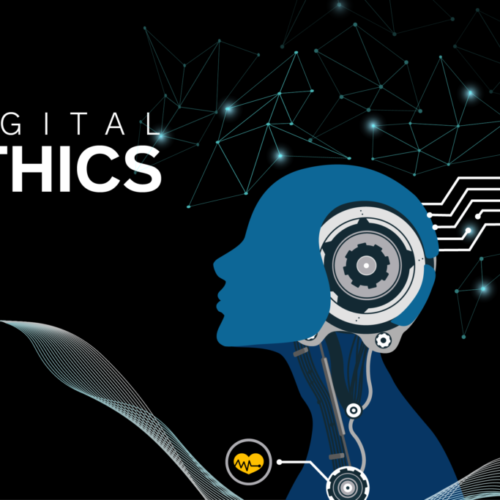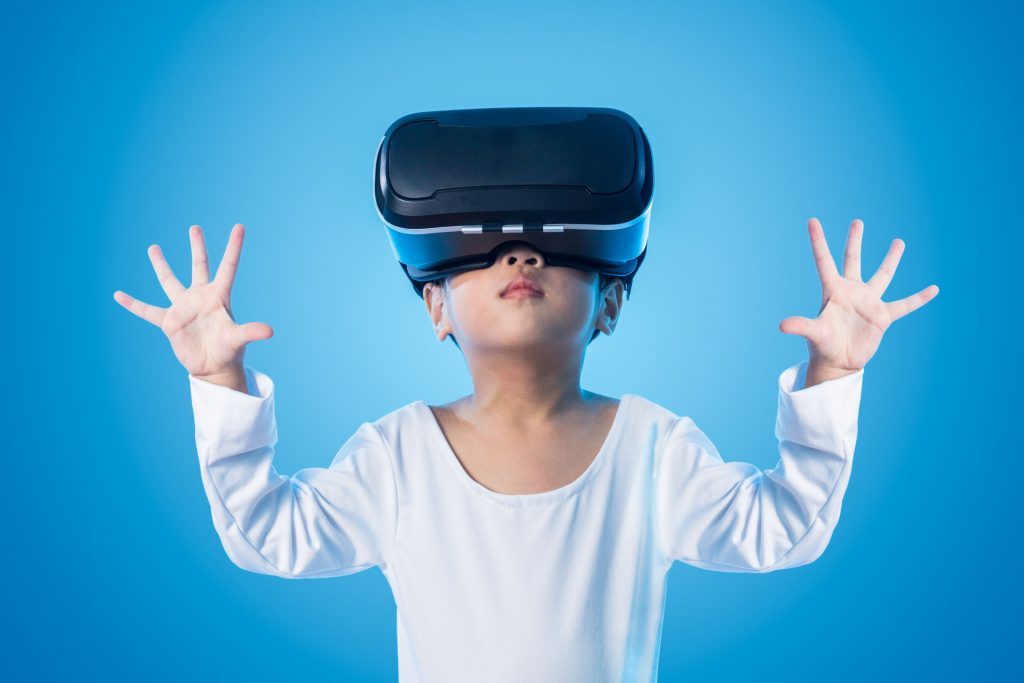In our rapidly advancing technological landscape, where our world is dominated by automation, artificial intelligence, and the internet of things, it is essential that we pause and reflect on the ethical implications of these advancements. The integration of technology into every sphere of our lives has drastically altered the way we live, work, and interact with one another. However, as we forge ahead into a future that is increasingly dependent on technology, we must consider the ethical dilemmas that arise from this digital revolution.
One area where technology intersects with ethics is the realm of privacy and surveillance. With the advent of social media and the proliferation of data-driven algorithms, our personal information has become a valuable commodity. Corporations and governments alike are able to mine our data and gain unprecedented insights into our lives. This raises concerns about the extent to which our privacy is being violated and the potential for abuse of power. We must question whether the conveniences afforded by technology are worth sacrificing our privacy and personal autonomy.
Another ethical dilemma presented by technology is the issue of automation and its impact on employment. As machines become increasingly capable of taking over tasks that were once performed by humans, there is a growing concern about job displacement and the widening of the socioeconomic divide. People who were once gainfully employed may find themselves struggling to find work in an increasingly automated world. This raises questions about the responsibility of society and the technology industry in ensuring a fair distribution of wealth and opportunities.
Additionally, the ethical implications of technology extend beyond individual lives and into the realm of social justice. The digital divide, the gap between those who have access to technology and those who do not, exacerbates existing inequalities. From healthcare disparities to educational disparities, the lack of access to technology only serves to further marginalize already disadvantaged communities. As technology continues to advance, we must ensure that the benefits are accessible to all, rather than serving as a tool of exclusion and inequality.
Furthermore, the use of technology in politics raises its own set of ethical questions. From social media manipulation to the spread of disinformation, technology has the power to shape public opinion and sway elections. The rise of “filter bubbles” and echo chambers on social media platforms has led to a fragmentation of society, where individuals are only exposed to information that aligns with their existing beliefs. This poses a threat to the democratic process and raises concerns about the manipulation of public discourse.
In conclusion, the ethics of technology are a complex and multifaceted issue that require careful consideration. As we continue to innovate and develop new technologies, we must be vigilant in addressing the ethical dilemmas that arise. It is essential that we prioritize the protection of privacy, the fair distribution of opportunities, and the preservation of democratic values. Only by navigating these ethical challenges can we harness the true power of technology for the betterment of society. Let us strive for a future where technology serves as a tool for progress and justice, rather than a source of division and inequality.


 Virtual reality (VR) technologies have brought immersive experiences to new heights, but they also raise profound ethical questions about the nature of reality, empathy, and the blurring of digital and physical boundaries. As VR becomes increasingly integrated into our lives, exploring its impact on moral perceptions becomes a crucial endeavor.
Virtual reality (VR) technologies have brought immersive experiences to new heights, but they also raise profound ethical questions about the nature of reality, empathy, and the blurring of digital and physical boundaries. As VR becomes increasingly integrated into our lives, exploring its impact on moral perceptions becomes a crucial endeavor. Altered Perceptions of Reality
Altered Perceptions of Reality Virtual Reality and Real-Life Consequences
Virtual Reality and Real-Life Consequences